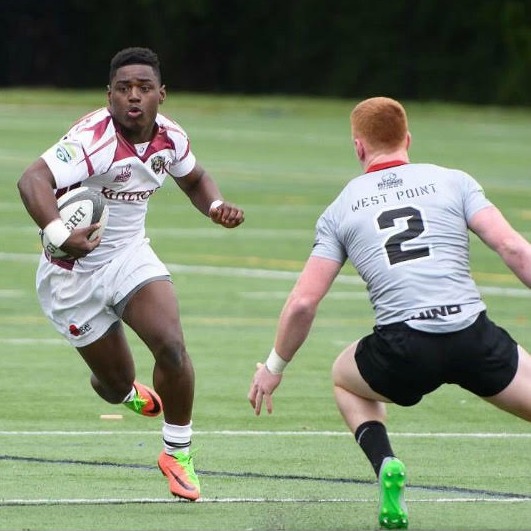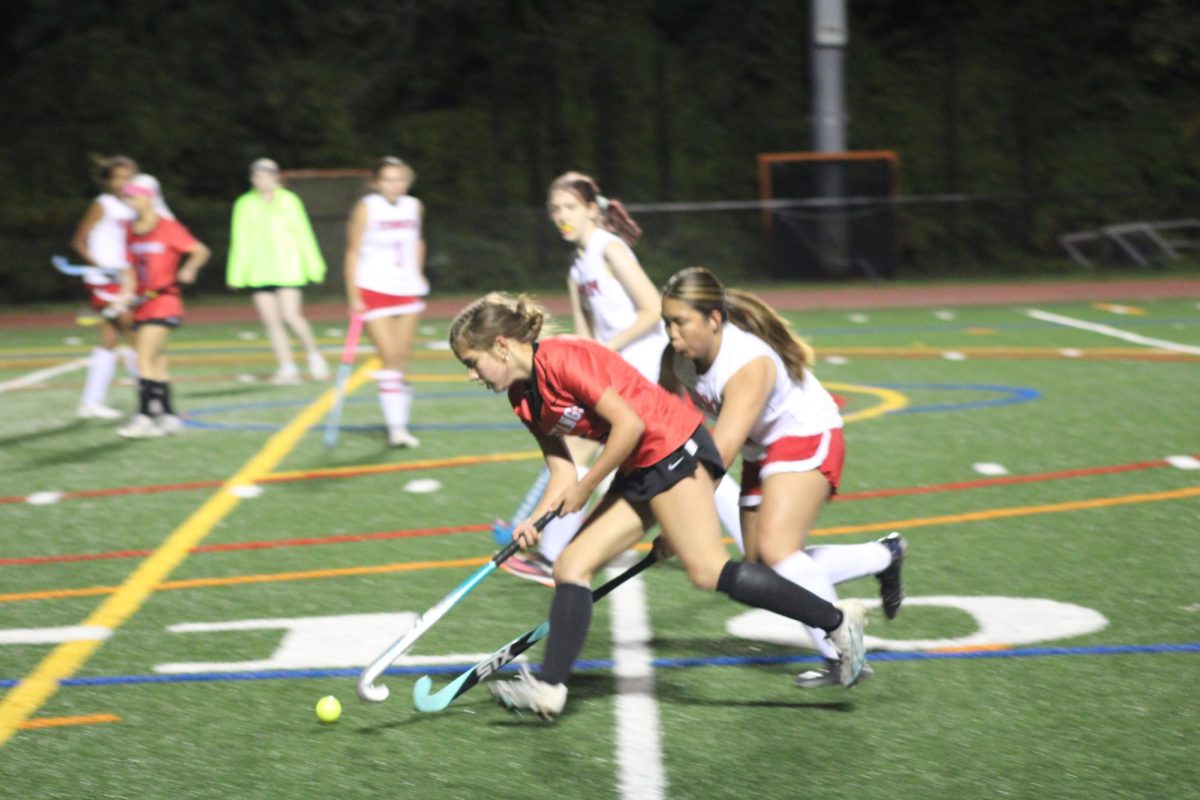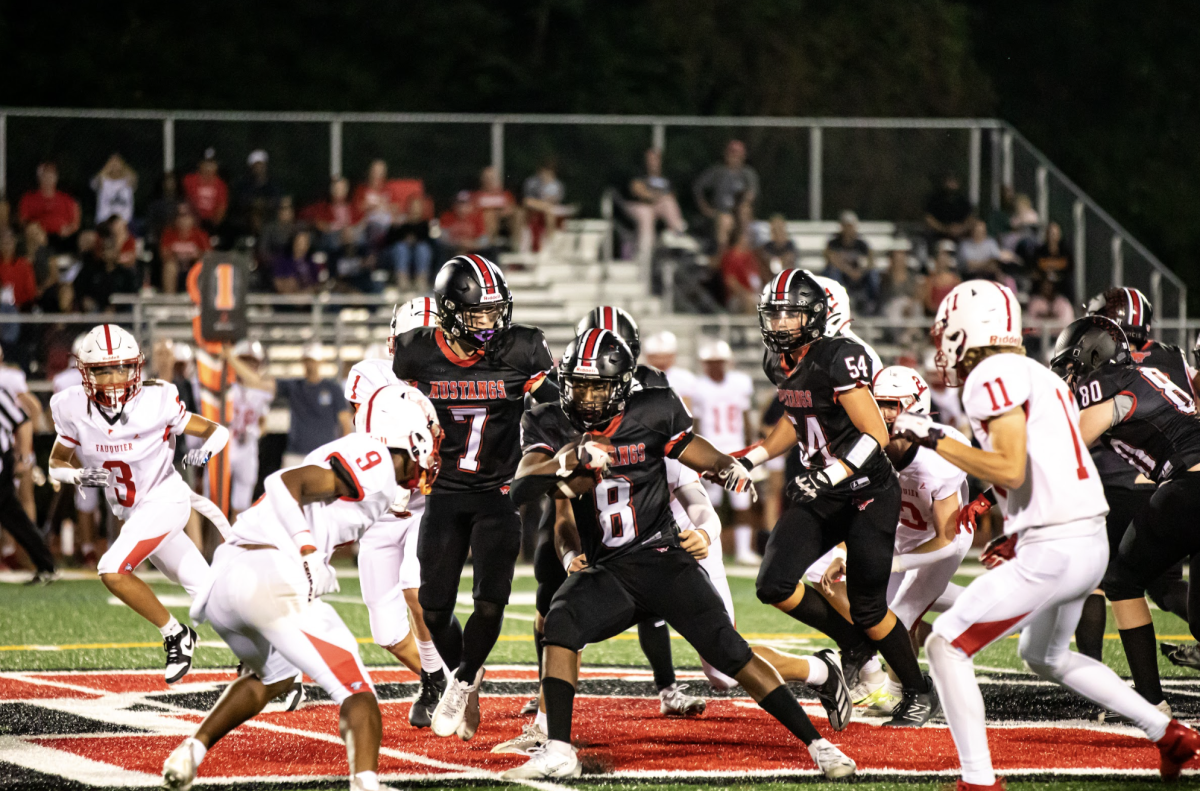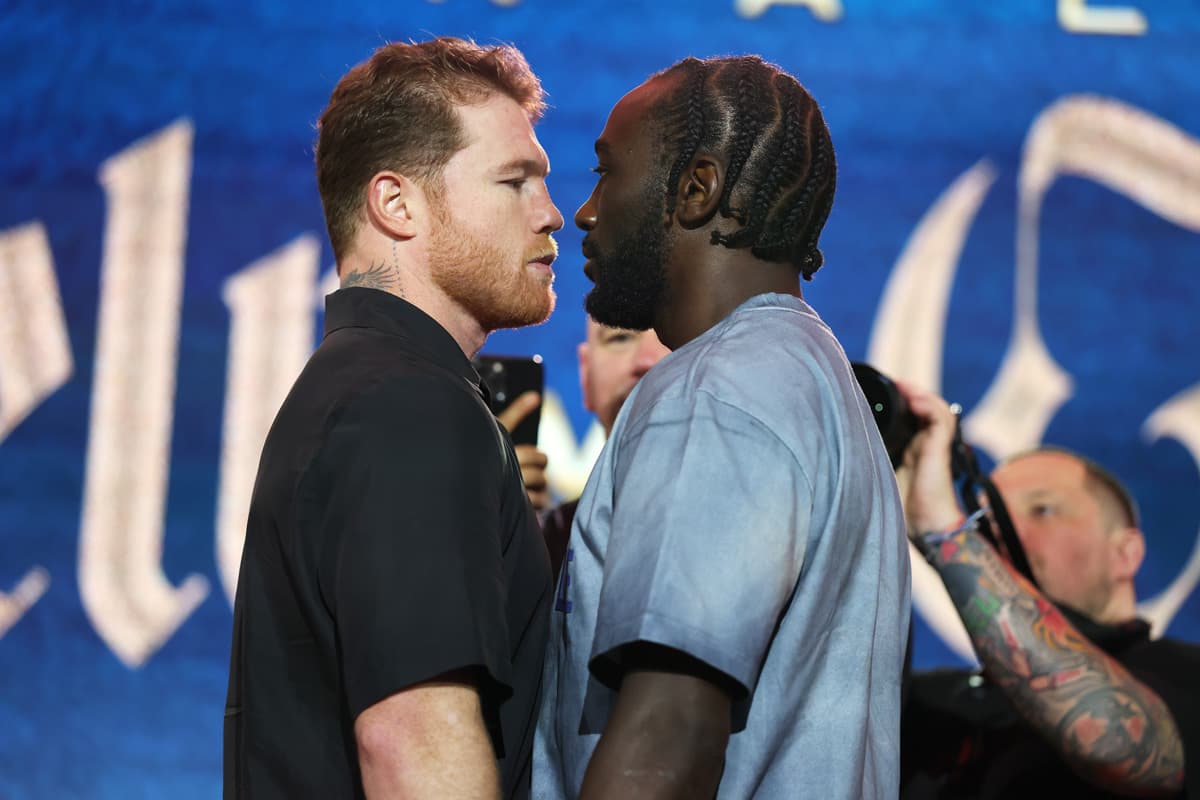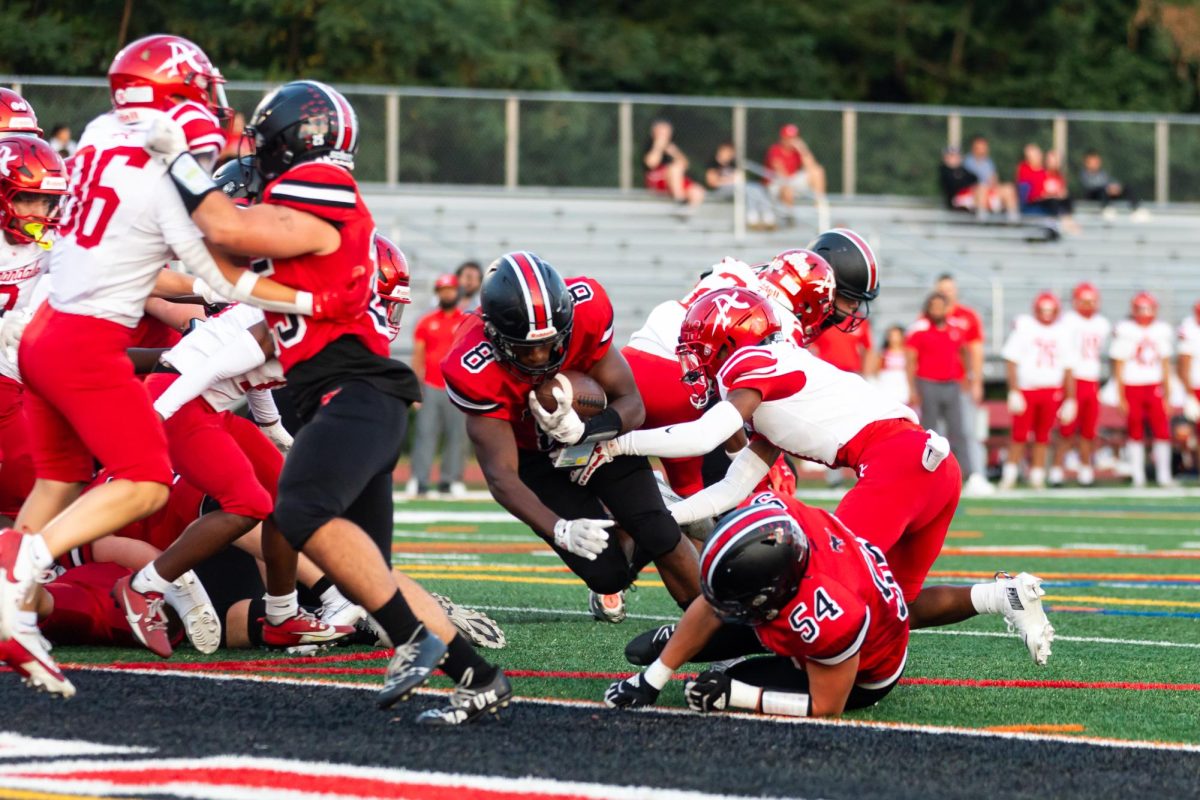“The largest growing sport in the U.S. right now is rugby,” said David Niu, President of Super 7s Rugby, as he explained his business plan for the first American rugby league to a classroom full of sports business students.There are over one-hundred thousand players registered with the governing body USA Rugby, and that number continues to grow. Over 800 college teams compete in the United States, with more than 30,000 people attending the Collegiate Rugby Championship each year.
Despite rugby’s growing popularity in the U.S., there is currently no formal league structure for American players. Instead, there are only local amateur club teams that play in sporadic tournaments. The Super 7s Rugby group saw this gap in the market, and decided to capitalize.

“The game is at its tipping point right now, it’s that layer of professionalism that’s missing, and that’s where we’ll come in,” Niu said.
According to experts, American rugby’s international stature has suffered due to its lack of a professional program for cultivating and developing players. Having a professional league will not only improve the quality of rugby, but also amplify the U.S’s ability to fund a competitive national program.
Super 7s Professional Rugby League will start in 2018. For the first year, it will ease into the market, using tournament-style play in six cities, with the goal of gaining popularity and a fan base. The next year they will move to a city-based, traditional league style play, with each team belonging to one city, and playing half home games and half away games.
Super 7s is changing the format of rugby in order to appeal to an American audience. Rugby is played under two formats: there can be seven players from each team on the field at a time, or fifteen. Super 7s opted for seven, because it will make the game faster paced. In addition, the game will be significantly longer than a traditional sevens game, which is comprised of two seven-minute halves. Super 7s will be four, twelve-minute quarters–long enough to make the game worth the trip.
Each of the six cities that fields a Super 7s team will field both a men’s and women’s team. The men’s and women’s teams will travel together, play in the same arena on the same day and, unlike every other major sports league in America, will be paid the same.
“They’re going to be doing the same things- performing the same workload- we’re going to expect the same performance from them, and in due respect to that, they’ll receive the same compensation,” Niu said.
According to Niu, youths and millennials will be a large part of the market for Super 7s games, especially high school and college players. Gus Abruzzi, a senior at George Mason playing on the NoVa Rugby Club Team likes the idea of Super 7s.
“Just the fact that they’re trying to bring Rugby to the U.S. as a spectator sport I think is cool,” Abruzzi said.
While some rugby players might be against the lengthened time that Super 7s has chosen, Abruzzi likes it.
“I’ve honestly never been a huge fan of sevens because it’s so short, but I think making the games longer will give the fans more time to watch the game. If they have enough subs so the players aren’t tired and the pace keeps up at the end of the game, it’s definitely a good thing,” Abruzzi said.

In addition to being in the Super 7s audience market, college rugby players will likely be recruited to play in the league in the future. George Mason graduate D’montae Noble (class of 2016) currently plays rugby in college at Kutztown University, one of the top rugby schools in the nation. Niu has called Noble “one of the best young talents in the game right now.”
Noble has entered the draft for Super 7s for the opening season of 2018.
“Rugby’s already one of the fastest growing sports in America, so with Super 7s coming in, I see it being one of the more popular sports in future,” said Noble.
Noble liked that Super 7s selected the sevens format instead of fifteens, and saw no problems with the game being significantly longer.
“I don’t mind sevens being longer, I love sevens…sevens is my game regardless of how much time is on the clock, I’m getting to play my game,” said Noble.
More details about specific cities, schedules, and stadiums will come as the inaugural summer 2018 season approaches. Until then, click here to find out more about Super 7s.



